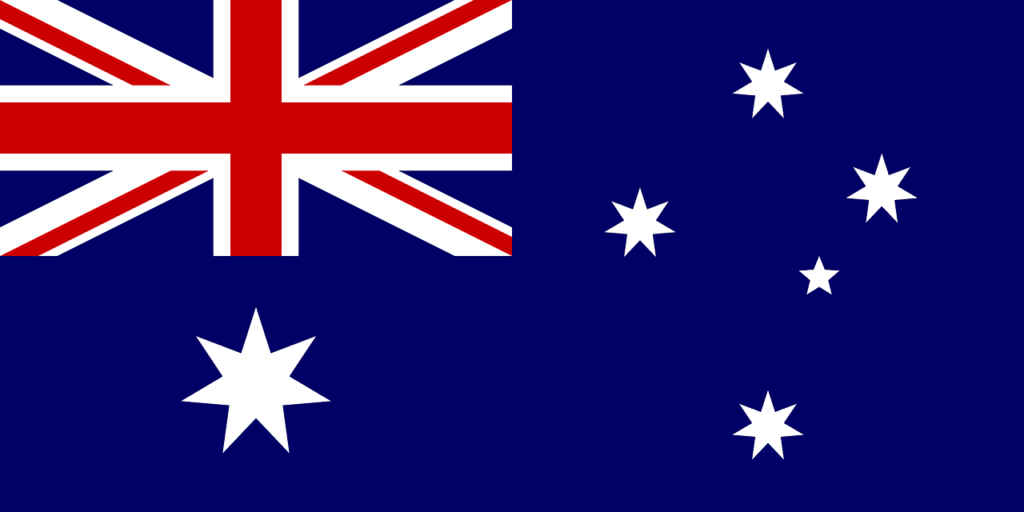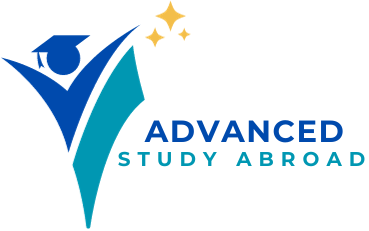
REGARDING US
We make the visa process faster
Canada is the home of some of the world’s top research facilities and academic institutions. Imagine learning in supportive academic environments where professors are approachable and classrooms reflect the cultural diversity of land. Imagine entering the workforce with qualifications that are recognized and respected the world over. This is what it means to study in Canada! Start your education in Canada with valuable information on everything you need to know about studying abroad in Canada, from study permits and temporary resident visas and how much it costs, to finding a program and what student life in Canada is really all about!
Why Study in Australia
- Canada spends more per capita on its education system than any other country in the G-8 and is among the top three countries in the Organization for Economic Cooperation and Development (OECD).
- A degree from a Canadian university is recognized worldwide and as a result, international students who graduate from Canadian universities enjoy successful and prosperous careers.
- Canada’s universities and colleges are world-renowned for their high standards, safe campuses, and educational excellence.
- They are at the forefront of the information technology revolution and ensure that their students are equipped for the 21st century.
- A degree from a Canadian university is considered equivalent to an American degree. The wide choice of schools in Canada includes major research institutions as well as small liberal arts schools and a full range of undergraduate, graduate and professional degree programs
- Many Canadian Universities offer the opportunity to go beyond an ordinary degree by participating in international exchanges and co-operative work-experience programs or by participating in extra-curricular activities and athletics. Co-op work experience programs allow students to combine academic semesters with work terms that relate directly to their degree.
- Sports at Canadian universities and colleges are popular and competitive. Canada is a world leader in software development, telecommunications, aerospace engineering, urban transport, biotechnology, mining technology and environmental industries.
- Canada offers a wide choice of 90 universities and 150 colleges and technical institutes, offering a wide range of programs.
- You will find excellent professors, reputable scientists, and world-renowned artists and writers a part of the faculty at Canadian universities.
- Outstanding facilities: First class libraries and sports facilities, museums and art galleries, theatres and concert halls: campuses have it all, including radio stations, newspapers and stores that are run by students.
- The latest in computer labs, wired classrooms and Internet access from campus, you will find a world of technology at your fingertips.
- More than ninety universities span this country, which, according to the United Nations, offers the highest quality of life in the world.
- Canada is among the select few countries whose students scored near the top in reading, mathematics and science in the OECD’s Programme for International Student Assessment (PISA) study.

Requirements To Study In Australia
English language proficiency English language proficiency is now a requirement when applying for a student visa. The IELTS is the only test accepted by the Australian Department of Immigration and Multicultural Affairs for student visa purposes. Some visa Assessment Levels accept the IELTS entry levels required by the education institution. Australian education institutions can only accept students with an appropriate level of English proficiency. Institutions set their own English language requirements and may have different IELTS entry levels for the proposed level of course than those required for a student visa. If you obtain a score marginally less than what is required for the Australian student visa, you may opt to take an ELICOS (English Language Intensive Course for Overseas Students) in Australia along with the mainstream course.

Undergraduate
Undergraduate courses require an Australian Senior School Certificate of Education (Year 12) or the overseas equivalent of Australian high school matriculation, such as three passes at GCE A Levels in appropriate subjects. Some courses may also have certain pre-requisite subjects.
Postgraduate
Entry to postgraduate courses requires satisfactory completion of a first degree at undergraduate level. Demonstrated research ability or relevant work experience may also be taken into consideration.
